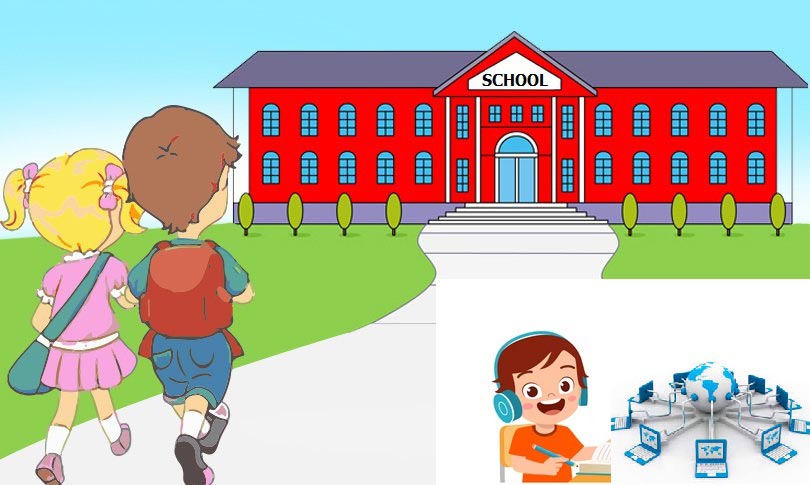
Choosing the Best School for Your Child in the Upcoming Academic Session
Many parents consider which school best supports their child’s growth with a new academic year approaching. This choice often brings both excitement and uncertainty. To help you make a thoughtful decision, here’s a simple guide focused on what matters most: learning, care, affordability, and long-term impact.
1. Prioritize the Quality of Teaching and Learning
Good teaching starts with a strong academic foundation. Look for a school with a clear and age-appropriate curriculum. Check that the subjects and teaching style match your child’s learning needs and interests. A positive learning environment—where children feel safe, respected, and supported—is as important as the lessons.
2. Look at the School’s Facilities
Children spend much of their day at school, so the surroundings should be clean, safe, and welcoming. It’s helpful to check whether the school has:
-
Clean classrooms and toilets
-
A small library with age-relevant books
-
A computer lab or basic digital learning tools
-
Open space for games or outdoor activities
These things should not be fancy but meet students' basic needs.
3. Understand the Role of Teachers
Teachers are central to how children learn. Find out about the staff's experience and qualifications. Ask how they support different types of learners, manage the classroom, and give feedback. You can also talk to other parents or visit the school to see how teachers interact with students.
4. Compare Fees and What’s Included
Education should be affordable and fair. When comparing schools, consider:
-
Total yearly or monthly fees
-
What’s included (books, exam fees, transport, etc.)
-
Extra charges, if any
-
Payment options or support for low-income families
Some families may prefer private schools, while others may find government schools more suitable. The goal is to choose a school that offers value without stretching your budget beyond comfort.
5. Choosing Between Private and Government Schools
Each type of school has its pros and cons:
Private schools often have better classroom resources and individual attention. However, they charge higher fees, which may not be practical for everyone.
Government schools usually have lower costs and follow national standards. Some may lack modern facilities, but many are improving with government support.
The best choice depends on what matters most to your family—cost, teaching, environment, or location.
6. Know What to Expect from School Regulations
In many areas, parents have raised concerns about unexpected fees or a lack of transparency in private schools. Some local governments are starting to regulate school fees and require clear breakdowns.
At the same time, efforts are being made to improve public schools through better teacher training, updated textbooks, and school infrastructure.
Conclusion
Choosing a school is a parent's most personal and meaningful decision. There is no one-size-fits-all answer, but considering your child’s needs, budget, and what each school offers will help you choose wisely.


